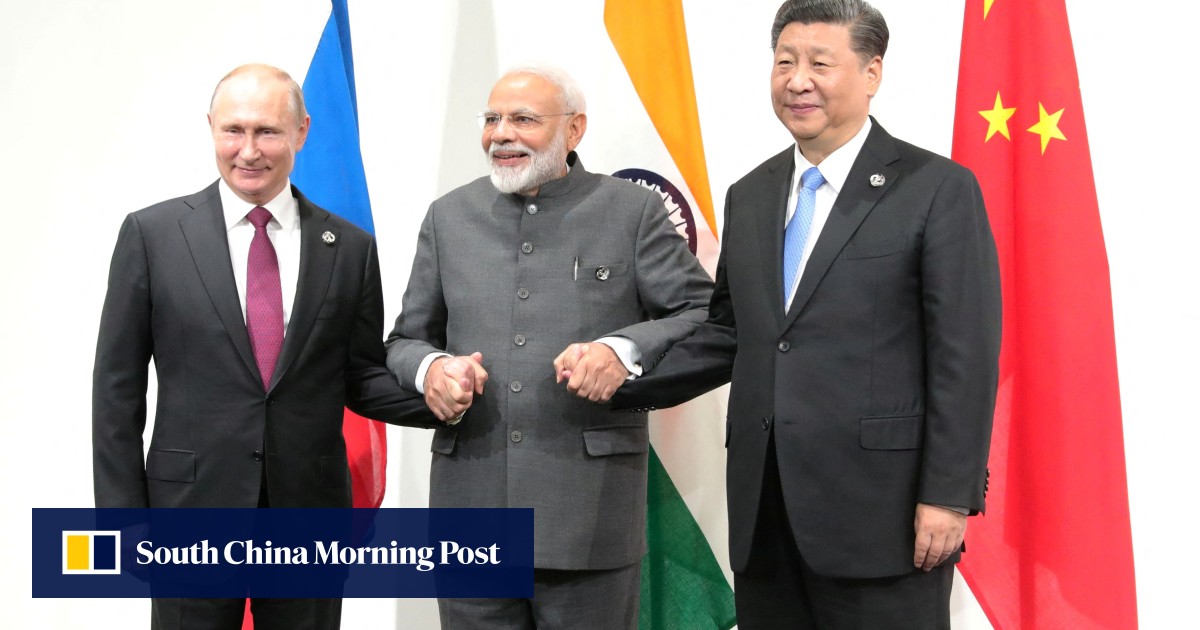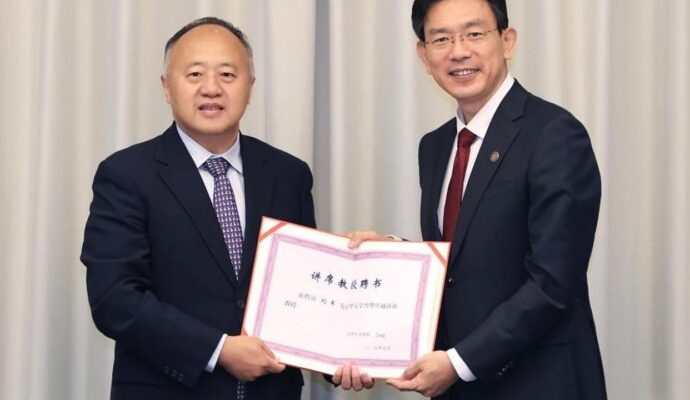
Chinese President Xi Jinping is expected to skip the Group of 20 meeting in New Delhi next week, media outlets reported, citing anonymous sources within several governments.
The decision, if confirmed, comes amid deep-seated tension between the two Asian giants over their de facto border, site of deadly clashes in 2020 in a steep section of the Galwan Valley. While there was some expectation that Xi and Indian Prime Minister Narendra Modi would meet on the sidelines of the recent Brics summit in South Africa, their contact was limited to a few minutes, reflecting the relationship’s complexities.
“It is evident that Sino-Indian relations are navigating complex terrain,” said Farwa Aamer, director of South Asia Initiatives at the Asia Society Policy Institute in New York. “As for the G20 summit, the eventual outcome will serve as a barometer of the extent to which geopolitical tensions and strategic competition are impacting global economic cooperation and multilateral diplomacy.”
Reuters cited two Indian officials in reporting Xi’s expected absence, one a diplomat based in China and the other working for the government of another G20 country. Agence France-Presse did as well, citing a senior European Union official, as did the Financial Times, saying that three Western officials were sources. All reported that Premier Li Qiang was expected to represent Beijing at the September 9-10 gathering.
Russian President Vladimir Putin said earlier that he would not travel to India and would send Foreign Minister Sergey Lavrov.
The New Delhi meeting was seen as a possible opportunity for a meeting between Xi and US President Joe Biden, who has confirmed his attendance, as Washington and Beijing try to stabilise their deteriorating relationship.
China has not commented on Xi’s plans.
Advertisement
But analysts surmised that Beijing may have concluded that, in addition to the India-China tensions, Xi is not likely to get a particularly warm reception at the G20. Many European member countries are wary of China’s support for Russia after its invasion of Ukraine. And the strategy of Biden’s allies and partners – aimed at countering China’s growing political and military footprint – has gained support from Japan, South Korea, EU nations and other G20 members.
Can India keep Ukraine war from overshadowing G20 leaders’ summit?
Can India keep Ukraine war from overshadowing G20 leaders’ summit?
Analysts also speculate that Xi may have calculated that efforts at an easing of US-China relations may be better served at a likely meeting between the two leaders on the sidelines of the Asia-Pacific Economic Cooperation leaders summit in San Francisco in November.
“It may be that it buys more time for Biden and Xi,” said Aamer. “Assuming Xi chooses not to go, all eyes will be on Apec from a US perspective. We can’t really speak about China’s perspective yet.”
Analysts said a possible reasoning may be that a US-China meeting in California gives the two sides more time to agree on “deliverables” and could focus more global attention on the easing of tensions without the distraction of simmering India-China relations and other G20 agenda items.
Hong Kong’s Lee asks US to let him go to US Apec summit after ban report
Hong Kong’s Lee asks US to let him go to US Apec summit after ban report
Any hope that India and China might start patching up their deep differences were dashed when Beijing released a new map that cited Beijing’s sovereignty over the northeastern state of Arunachal Pradesh and the disputed Aksai Chin plateau.
Advertisement
Xi’s apparent G20 absence suggests a number of other factors, Aamer said, including a reluctance by China to cede centre stage to India within the region and broader neighbourhood. She added that achieving de-escalation at the shared de facto border would require sustained and intricate diplomatic efforts.
“The prospects of a swift settlement seem remote, at least in the near future,” she said.
Advertisement

